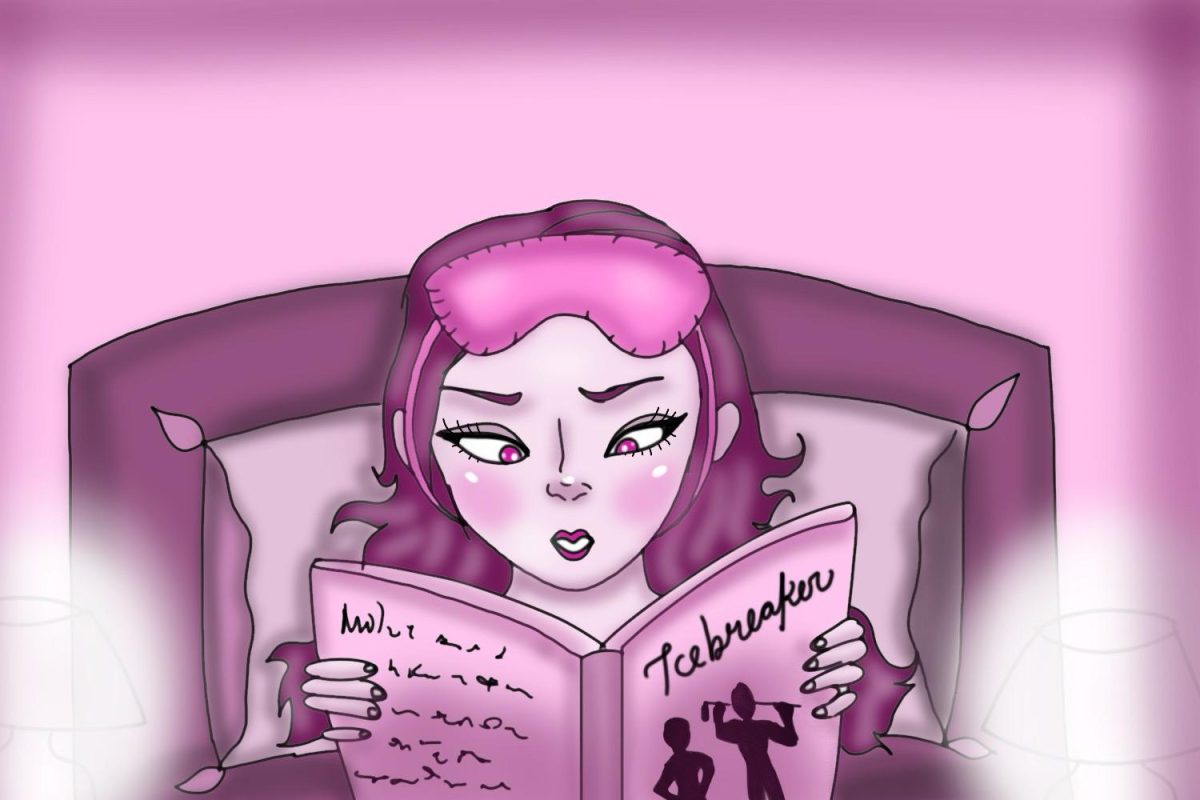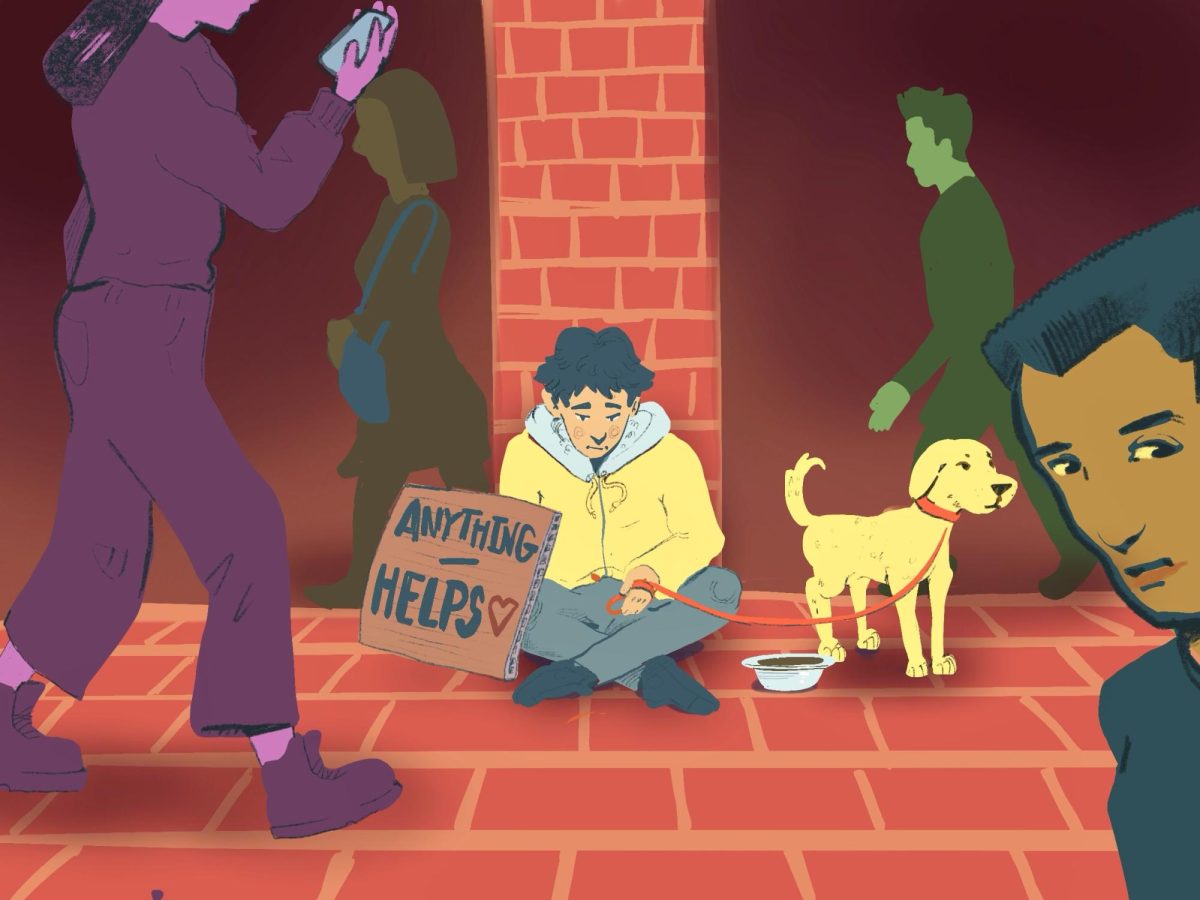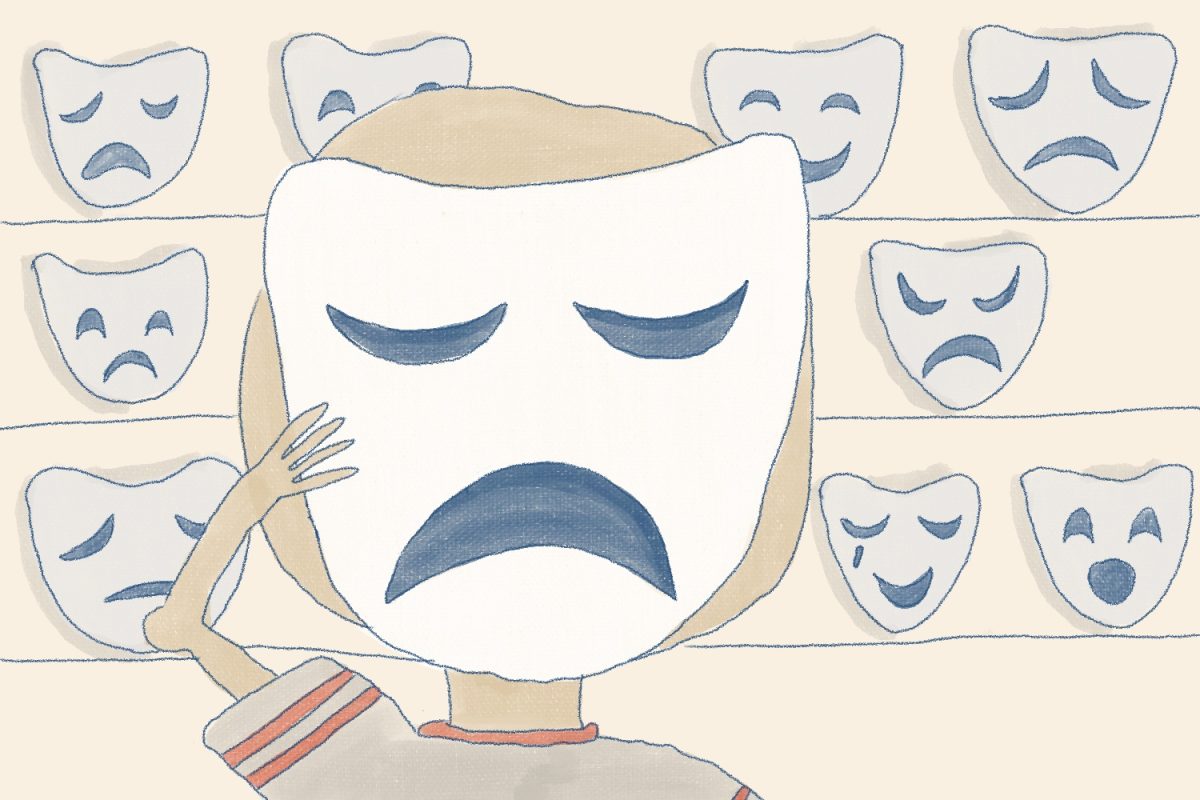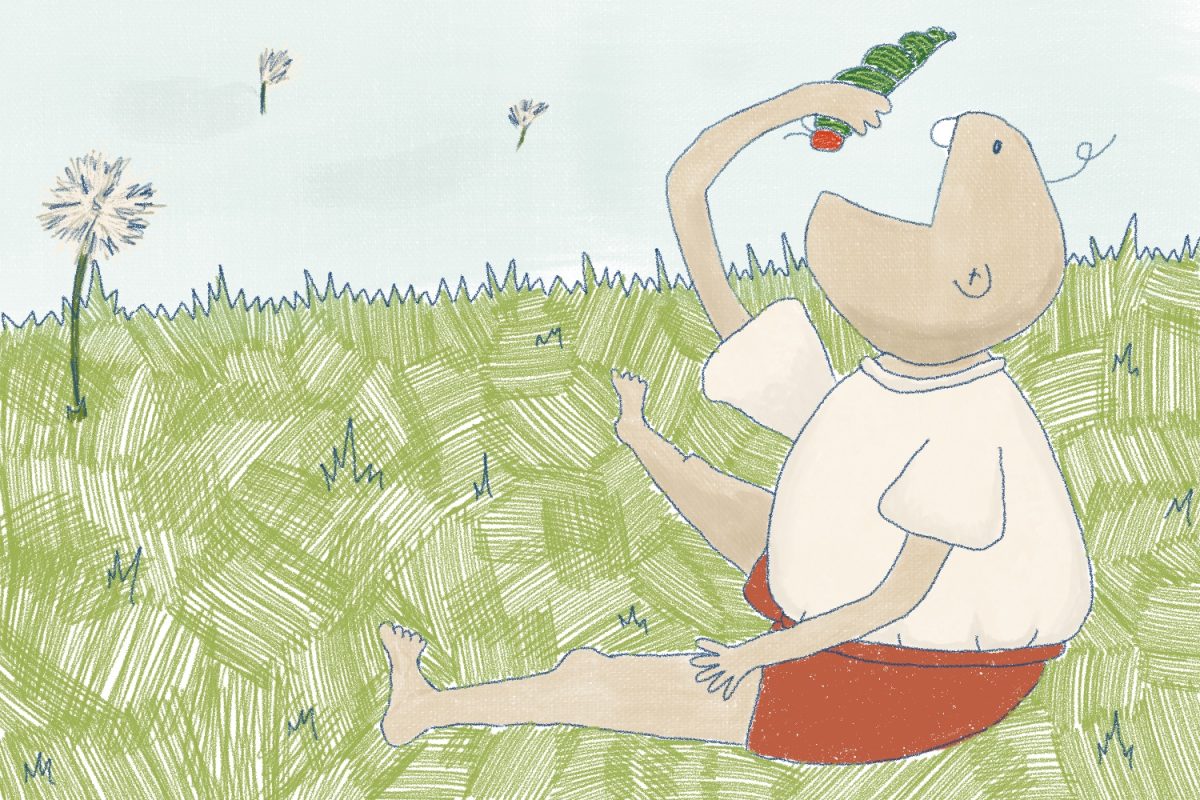BookTok is a community on TikTok that, you guessed it, focuses on and discusses books.
The millions of videos under the BookTok tag include book reviews and recommendations on a wide variety of genres including romance, fantasy and classics.
One of the most popular genres on BookTok is undoubtedly smut.
Smut novels are not anything new. Smut as we know it today can be traced back to 18th century England, according to a Feb. 15, 2019 article by the New York Public Library. The popularization of smut emerged alongside the growing number of female authors and protagonists.
Smut has evolved to become more graphic and explicit over the last few decades as female sexuality has grown less taboo and more celebrated, and erotica has played a large part in the sexual liberation of women, according to the same New York Public Library article.
There is nothing wrong with erotica. I, for one, have read and enjoyed my fair share of young-adult novels and fanfictions that include scenes where the two protagonists enter a hotel room to find there is only one bed.
The problem with the overrepresentation of smut novels on BookTok is the content of the novel themselves, the audiences they are marketed to and the quality of the writing.
These books often explore romantic taboos, including step-sibling relationships and age gaps. There’s nothing inherently wrong with this—in my opinion—literature should tackle these themes. However, the BookTok books do not explore them with any nuance.
BookTok books often contain damaged male leads and female protagonists with less personality than Wonder Bread who are intent on “fixing” their borderline-abusive love interests.
Through the lack of nuance, these books normalize—even romanticize—dubious consent, power and age gaps and lack of aftercare to their audience of mostly young girls.
Given the mature themes explored in these books, you’d think they would be marketed to mature audiences. However, the flowery, cartoonish covers make it so books like the infamous “Icebreaker” by Hannah Grace are displayed in the tween section next to the Harry Potter and Diary of a Wimpy Kid series.
The audience of these books seem to shield them from criticism: saying anything negative about them is seen as hating on the teen girls who read them.
We should be able to criticize the quality of books without it reflecting poorly on the people who read them.
Problematic romances marketed toward teens and tweens are nothing new, they just have historically been relegated to the realm of online fanfiction.
Archive of Our Own, one of the most popular fanfiction websites, has been around for over 10 years, according to an Aug. 15, 2022 article from The Verge.
The difference is the scale of these stories.
The rise of BookTok and self-publishing has transformed these stories from niche online communities to books that have sold more copies than the Bible, according to an Oct. 9, 2022 New York Times Article.
You would assume published books would be of higher quality than stories published online to websites like AO3 and Wattpad—where anyone can post anything—but unfortunately, this is not always the case.
Some examples are far more egregious than others. I have read books with such glaring grammatical mistakes that it made me wonder if anyone had even read them over before sending them onto the shelves of Target.
BookTok places an emphasis on the content, general plot of the book and quantity of books over the quality of them.
It usually takes about one to two years for a book to be published, and many authors work on their manuscripts for years before sending it over to a publicist, according to a June 9, 2020 Writer’s Digest article.
Turn around times for YA novels have gotten much shorter, with the sequel to the popular “Fourth Wing” by Rebecca Yarros coming out just six months after the first of the series.
It seems like as long as a book can be classified as “enemies to lovers,” publicists are hungry for the money and the readers will eat them up with no thought.
I am not a total snob when it comes to books. Not every book you read has to be a thousand-page philosophical journey through the Napoleonic wars or a drawn out description of a man hunting a whale, but good books should evoke thought.
Books are supposed to change the way we see the world, make us cry, make us laugh, teach us lessons; however, many books now are soulless cash-grabs promoted by the complicated TikTok algorithm.
We, as avid readers, should resist this, and be more thoughtful about the content we consume and promote.








